We were lucky to catch up with Victor Acquista recently and have shared our conversation below.
Alright, Victor thanks for taking the time to share your stories and insights with us today. What’s been the most meaningful project you’ve worked on?
The word “project” doesn’t resonate for me. Creative pursuit or endeavor aligns more closely. In answering, I prefer to focus more on my work as an author than on my work in primary care and executive medicine. My first book was nonfiction. It presented a different conceptual framework on how to view health and healthcare than the model I trained under. As such, the book was outside the mainstream of what might be considered orthodoxy. I used something called Integral Theory and applied it to health care. An Integral approach requires looking at a subject from multiple vantage points. At the time I wrote it, there was only one other book that had used this method to examine health. In short, this approach allowed for a much more comprehensive way to understand health by seeing things from both holistic and reductionistic perspectives.
Western medicine, the method I was trained in, is highly reductionistic. It takes a set of signs and symptoms and reduces that into a diagnosis, then applies the results of scientific studies that inform how to treat that diagnosis. The focus is on treating the identified disease or ailment–the diagnosis-not the person with the diagnosis. Holistic approaches are much better at treating the person who is experiencing some ailment. These two different approaches represent a tree and forest dialectic, a thesis and antithesis, on how to help people achieve better states of health. An Integral approach is the synthesis of the best of both. It is simultaneously reductionistic and holistic.
Traditionally, there has been antagonism among Western-trained allopathic physicians, such as myself, and alternative health practitioners. That is less the case now than in 2005 when I wrote the book. My willingness to embrace these “other” approaches and see their value positioned me as a bit of a renegade. There is risk in going against the prevailing doctrine. But there is greater risk in failing to honor the voice within. My willingness to go beyond my training bias and share some insights that I thought needed to be shared launched my subsequent second career as a writer. It meant taking a step on a different path.
My writing career has moved more in the direction of fiction than nonfiction. My sixth book, a satire, comes out in March. I’ve written adventure-thrillers and science fiction as well. It is always meaningful to embark on a new path, to start a journey along the road of following your passion and tapping into your creative potential. When I look back, writing my first book represents that first step. The journey continues. I enjoy writing and find great creative expression both in nonfiction and fiction. I couldn’t predict that back in 2005 when I started.
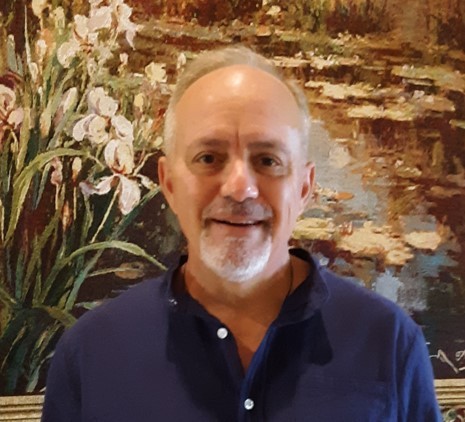

Victor, love having you share your insights with us. Before we ask you more questions, maybe you can take a moment to introduce yourself to our readers who might have missed our earlier conversations?
Rather than focus on biographical details, I would like to share why I write and what motivates me. When an artist follows some creative passion, it is an expression of that unique individual. The same is true for me. I have thoughts, ideas, and stories that I express through writing. I enjoy the challenge of assembling ideas and insights, and presenting them in a way that communicates effectively. That is the basis of my nonfiction. In fiction writing, I am creating plots and characters that come to life in the pages of a book and hopefully engage readers in thought-provoking ways. I want to create stories that entertain and educate. Incorporating social themes into my stories is important to me because I want readers to think about these issues. Summarizing this, I write both as a means of self-expression and because I want to share some aspects of myself with readers. I want to give them something meaningful and worth their time reading. Nibble, chew, digest and feel satisfied. That’s what I want readers to experience. Hopefully they return hungry for more.
My tagline or author branding is “Writing to Raise Consciousness.” I have a lengthy post about this on my website: https://victoracquista.com/writing-raise-consciousness-meaning-intent/ Raising awareness to social issues is one aspect of this. I referenced this above. By way of example, in my science fiction novel, “Sentient,” there are two highly advanced telepathic species. One of these is organized as a collective consciousness, freely sharing their unique talents with the entire collective in planetary cooperation. The other species is highly competitive and clan-based with a desire to be best in your clan, for your clan to be best among clans, and for your species to be best in the galaxy (this involves conquering, destroying, and enslaving all other species). It is a clash of two opposing ideologies: hyper-collectivism vs. hyper-individualism, cooperation vs. competition. I am trying to raise awareness about the consequences of either approach taken to extreme. This is relevant to our society.
In “The Saga of Venom and Flame,” my two-book adventure-thriller series, the underlying premise is that humankind has difficulty distinguishing truth from falsehood and that makes people vulnerable to manipulation through lies, propaganda, half-truths, gaslighting, and mind-control techniques. These realities are current in our culture and society. I write about them in an effort to help people better understand truth and to raise awareness about ways they are being manipulated.
These are two examples of what I mean by Writing to Raise Consciousness. The post I linked gets into the weeds with more details. Packaging this all together, I have something within that seeks creative expression. I want to share that with readers. And, I want readers to open their eyes and think about important social and cultural realities to help elevate their consciousness.
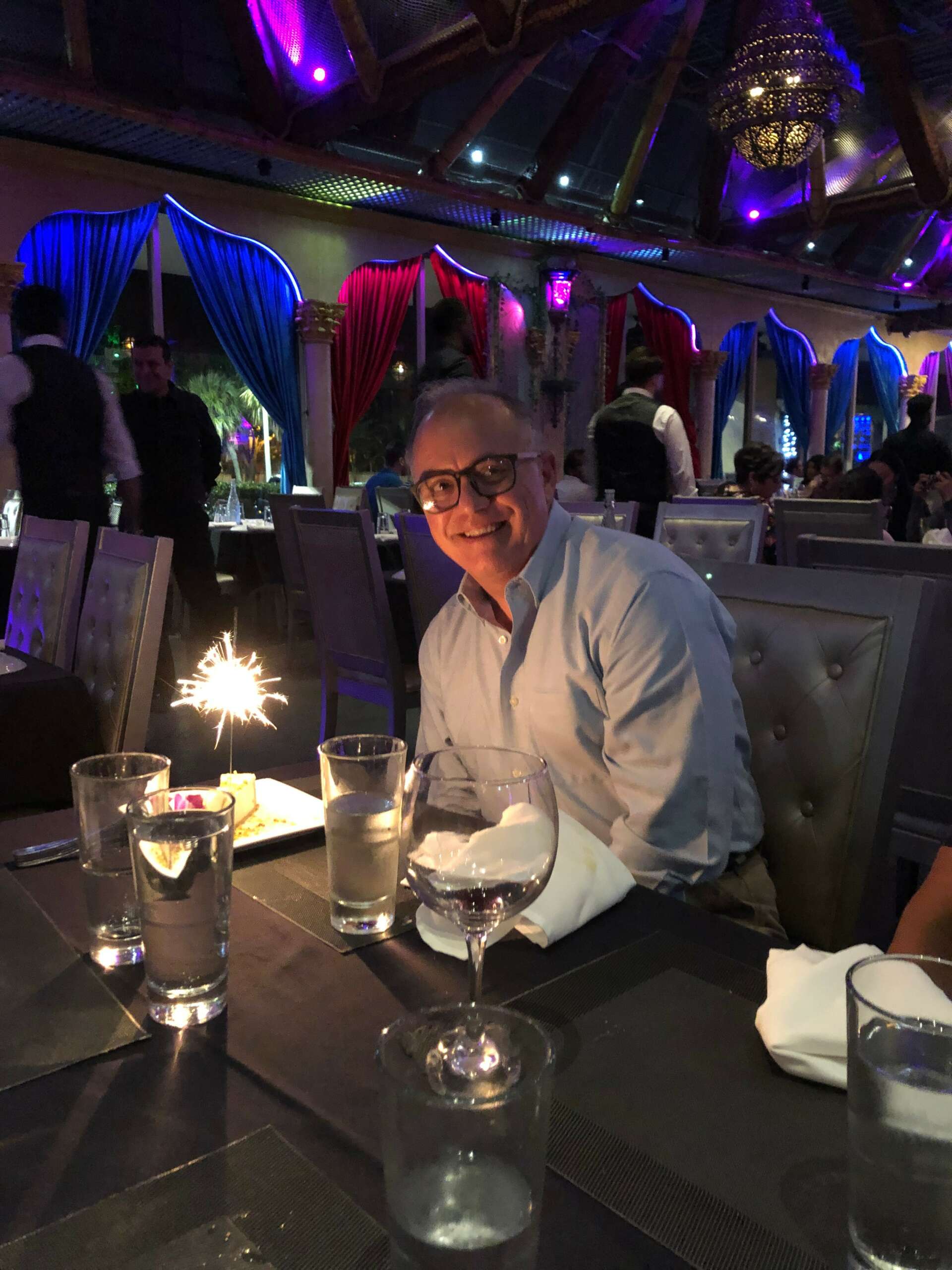
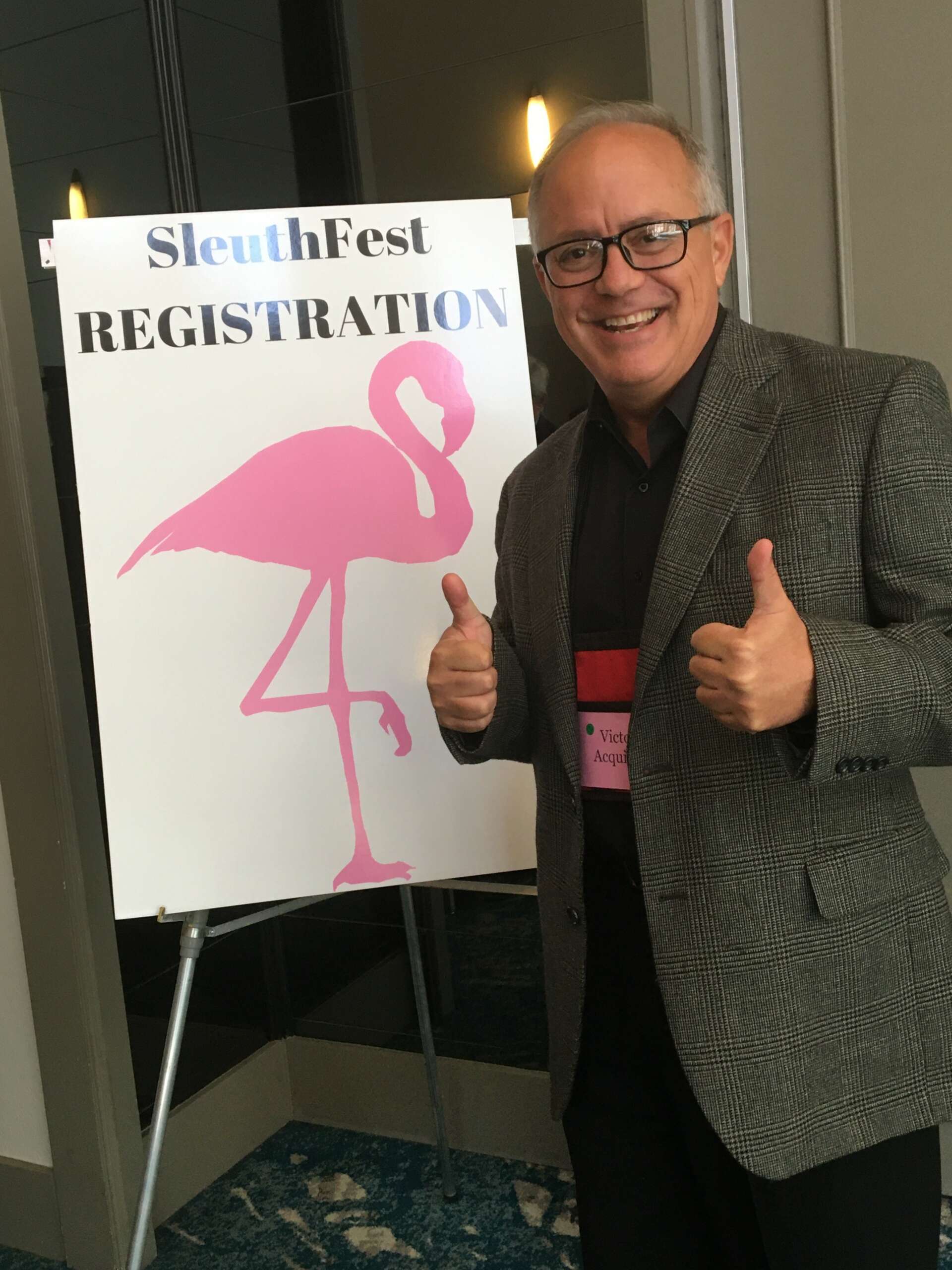
For you, what’s the most rewarding aspect of being a creative?
Writing nonfiction primarily exercises my left brain. Writing fiction primarily exercises my right brain. By doing both, hopefully my brain gets a good workout. Being authentic and honoring myself is very rewarding. Sharing myself with others, most of whom are people I will never meet, is meaningful. We are all uniquely talented with individual gifts to share. I get to share some of myself with the world. That’s pretty incredible when you think about it.
Perhaps what’s most rewarding is when I get feedback from someone that tells me my writing helped them, moved them in some way, or was impactful. That kind of feedback gives me a feeling like nothing else. I remember years after writing my first book, a self-help guide to achieve better health, a woman tracked me down and sent me a message thanking me. My book had helped her and enabled her to improve her health and wellbeing. It feels good to know that I made a difference in her life. I’m still talking about it!

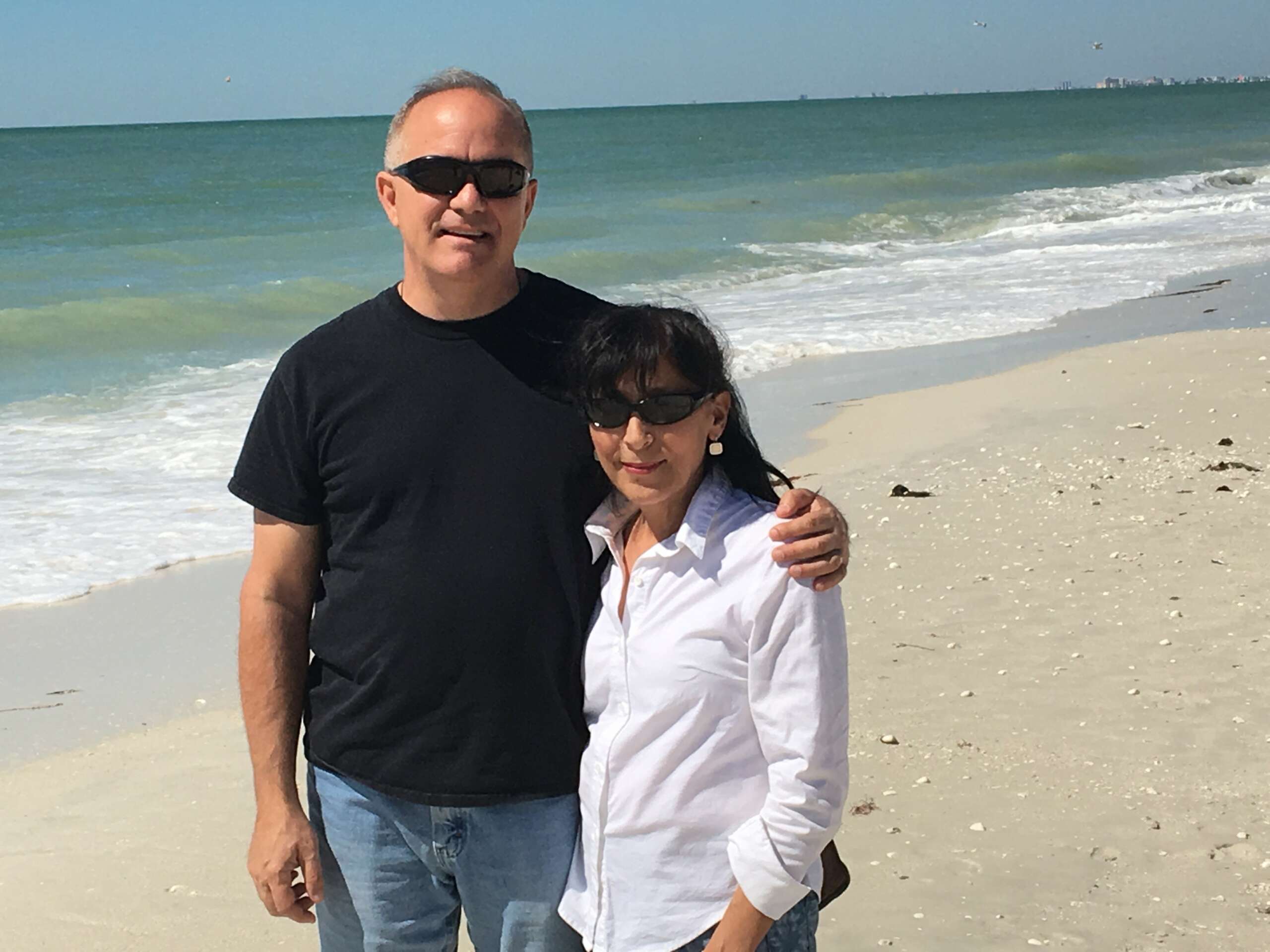
Let’s talk about resilience next – do you have a story you can share with us?
There is a funny expression within the writing community–“It took me fifteen years to become an overnight success.” Getting published is fraught with setbacks. I’ve written articles, short stories, and books and have submitted them for publication only to have them rejected. I’ve reached out to agents, publishers, and endorsers and never heard back. All this is a common experience among writers and authors. You have to have a thick skin and a lot of resilience to keep going. I have a friend who suggested to me a New Year’s resolution that I should set as a goal at least twenty rejections over the next year. To say it’s frustrating and discouraging doesn’t fully capture the reality. There have been times when I’ve been ready to say, “No more, I’m done!” But if you believe in yourself, and the quality of your writing, those setback are bumps in the road, obstacles that require navigating around or through. I like to say, “Invest in process. Trust in outcome.” Even wildly successful authors have to deal with rejection and with readers who sometimes say unkind things. I’ve learned to be resilient. There is always room for me to improve. There will be successes and failures. There is a popular craft book about the Writer’s Journey that likens it to a Hero’s Journey. If the hero decides to call it quits and turn back, that’s not a very compelling narrative.
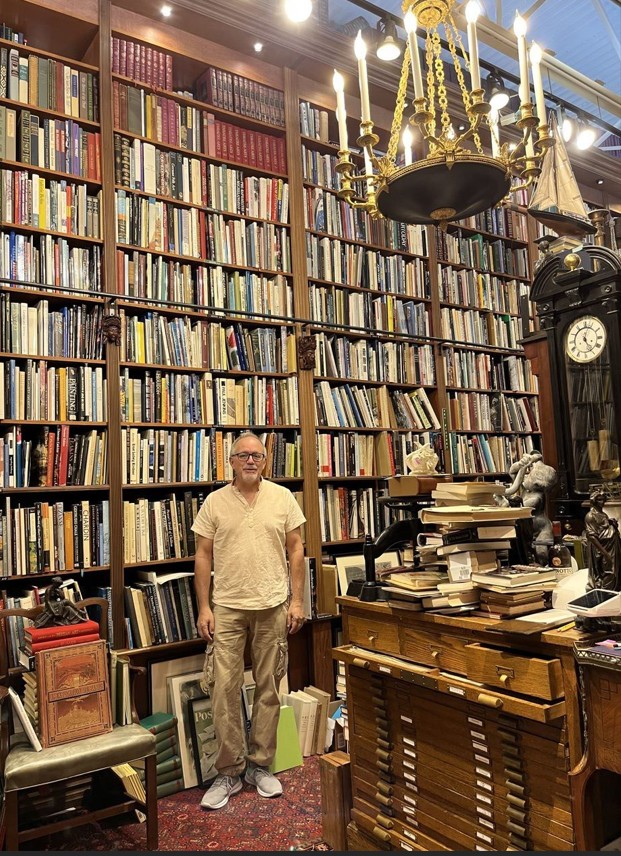
Contact Info:
- Website: https://victoracquista.com/writing-raise-consciousness-meaning-intent/
- Instagram: https://www.instagram.com/victoracquista/
- Facebook: https://www.facebook.com/victoracquistaauthor/
- Linkedin: https://www.linkedin.com/in/victor-acquista-md-bb540917/
- Twitter: https://twitter.com/VictorAcquista
- Youtube: https://www.youtube.com/@victoracquista2382/videos
- Other: Amazon author page: https://www.amazon.com/stores/Victor-Acquista-M.D./author/B01I0524LO?ref=ap_rdr&isDramIntegrated=true&shoppingPortalEnabled=true and BIZCATALYST 360: https://www.bizcatalyst360.com/author/victoracquista/


